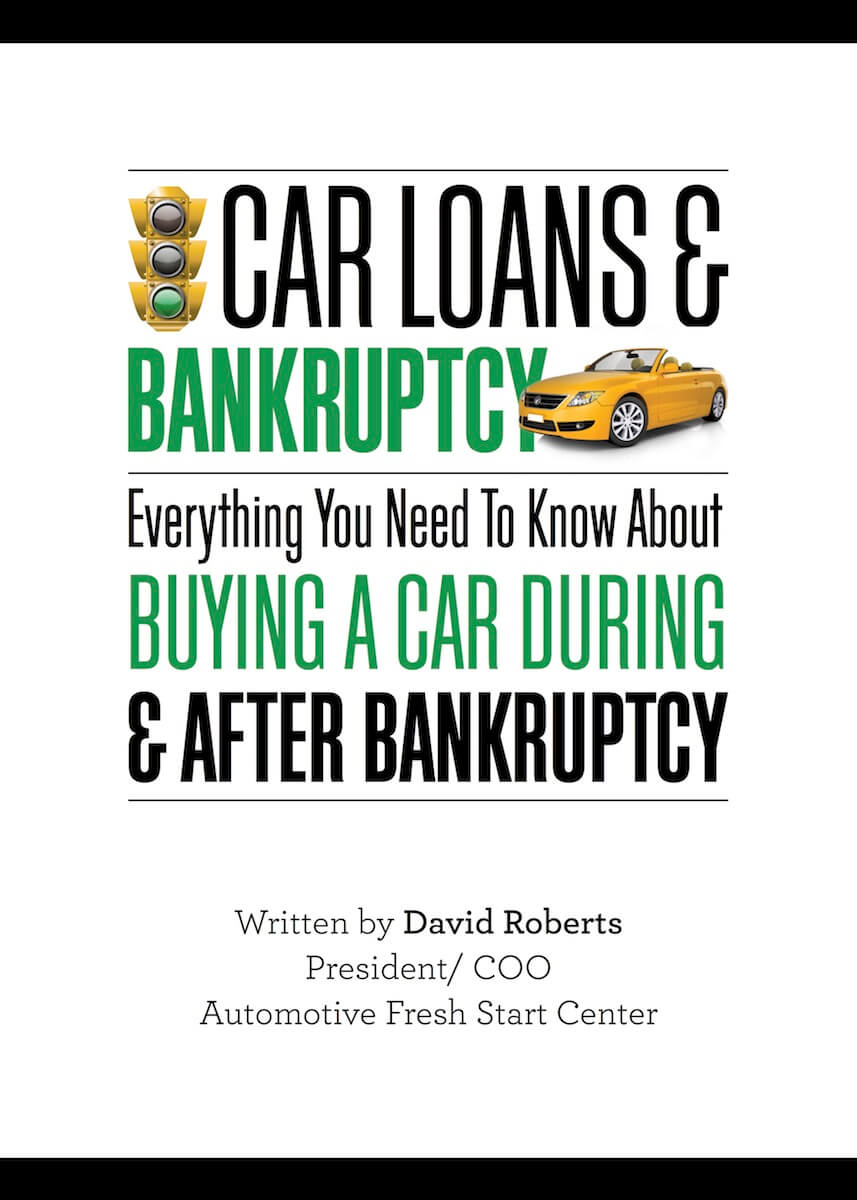BANKRUPTCY AND CREDIT UNIONS
Over the many years of filing every Chapter of bankruptcy for people, one thing has remained constant – people really like their credit union accounts. I have clients come in who have been with Vystar or Navy Federal for years and don’t want to include such debts in any bankruptcy filing. We always end up talking about the same thing in every meeting: “Will I lose my credit union account?”.
The short answer is “Yes, if the credit union will lose money when you file.” Typically, a person will come in with a credit card, a car loan and maybe a signature loan through a credit union. They would like to keep the car, but discharge the credit card and signature loan. That is easily accomplished through a Chapter 7 or Chapter 13 filing, but the credit union will close any checking or savings accounts held by the individual. Why does this happen? Credit unions are member owned, as you often hear in advertisements. That means if the credit union takes a loss on a member, that member hurts all other members. Until the loss is cured or made up by the member, the credit union will normally deny membership privileges.
What can be done to make things a little easier for the client looking to file a bankruptcy and discharge credit union debt? First, consult with experienced bankruptcy counsel to make sure that you receive appropriate advice regarding the problems with a credit union account after bankruptcy. There is nothing worse than having no access to a direct deposited paycheck and trying to pay bills. Not to mention trying to open a bank account with an open bankruptcy filing. Second, make sure that you open any new bank or credit union accounts prior to filing a bankruptcy and move any direct deposits or debits to the new account. A lot of frustration and aggravation can be avoided with just a little planning. Contact our office if you have other questions regarding a credit union account during a bankruptcy filing.
At Mickler & Mickler, we attend Court on a regular basis. We have the experience and knowledge to ensure that you receive the correct advice when confronted with difficult financial decisions related to filing bankruptcy. Contact us at 904.725.0822 or bkmickler@planlaw.com.
Bryan K. Mickler





